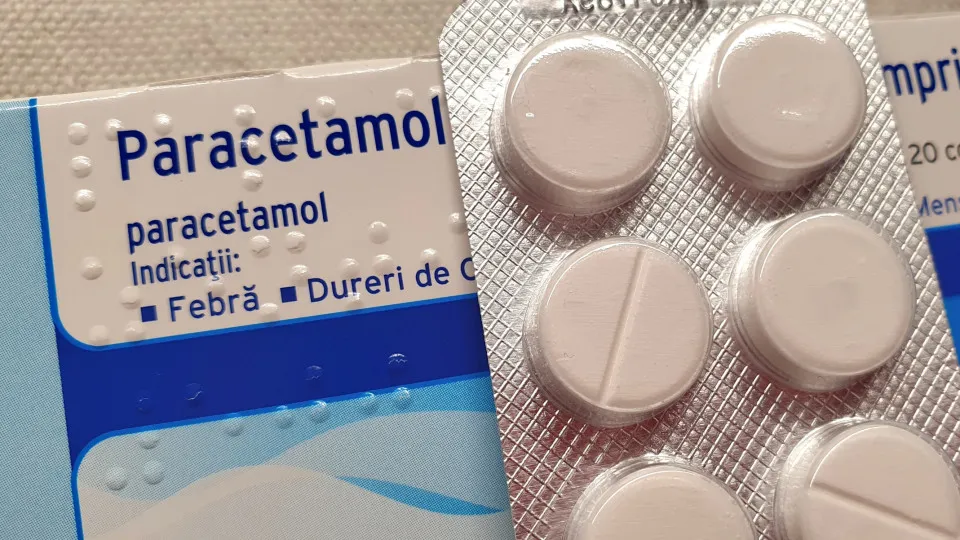
The National Authority of Medicines and Health Products (Infarmed) clarified today that there is no link between the use of paracetamol by pregnant women and fetal or newborn malformations after the American president suggested a connection between this analgesic and the increase in autism.
On Thursday, Donald Trump suggested, without scientific evidence, that the rise in autism in the country might be caused by the use of paracetamol by pregnant women and vaccination.
Flanked by Robert F. Kennedy Jr., Health Secretary and a prominent face of the anti-vaccine movement in the country, Trump suggested imposing limits on the use of paracetamol—better known in the United States by the brand Tylenol—during pregnancy, citing the medication as a potential cause of autism, although this causal link has been investigated and remains unproven.
Today, the National Authority of Medicines (Infarmed) stated that the usage of paracetamol during pregnancy remains unchanged, emphasizing the lack of evidence to justify changes in recommendations regarding the use of this analgesic within the European Union.
It mentions that in 2019, the European Medicines Agency (EMA) reviewed available studies on the neurodevelopment of children exposed to paracetamol ‘in utero’, concluding that “the results were inconclusive” and that “it was not possible to establish a link with neurodevelopmental disorders.”
“A large amount of data from pregnant women who used this medication during pregnancy indicates that there is no risk of malformation in the developing fetus or newborns,” it states.
Infarmed emphasizes that, when necessary, paracetamol can be used during pregnancy and explains: “As with any medication for acute treatment, it should be used at the lowest effective dose, for the shortest possible duration, and with the lowest frequency necessary.”
It advises pregnant women to speak with their healthcare provider if they have any doubts regarding medication during pregnancy.
The EMA and competent national authorities in the EU “will continue to monitor the safety of medicines containing paracetamol and quickly assess any new data that emerges,” the statement adds, noting that regulatory actions will be taken “whenever justified” to protect public health.
On Monday, Trump stated that paracetamol is “possibly associated with a much higher risk of autism,” advising women not to take it during pregnancy, but he provided no scientific evidence.
Alternatively, he proposed rumors suggesting “there is practically no autism” in Cuba because the country cannot afford Tylenol, the most popular brand of paracetamol.
Experts have stated that the increase in cases in the United States is mainly due to a new definition of the disorder that now includes mild cases within a “spectrum” and more precise diagnoses and that there is no single cause.




